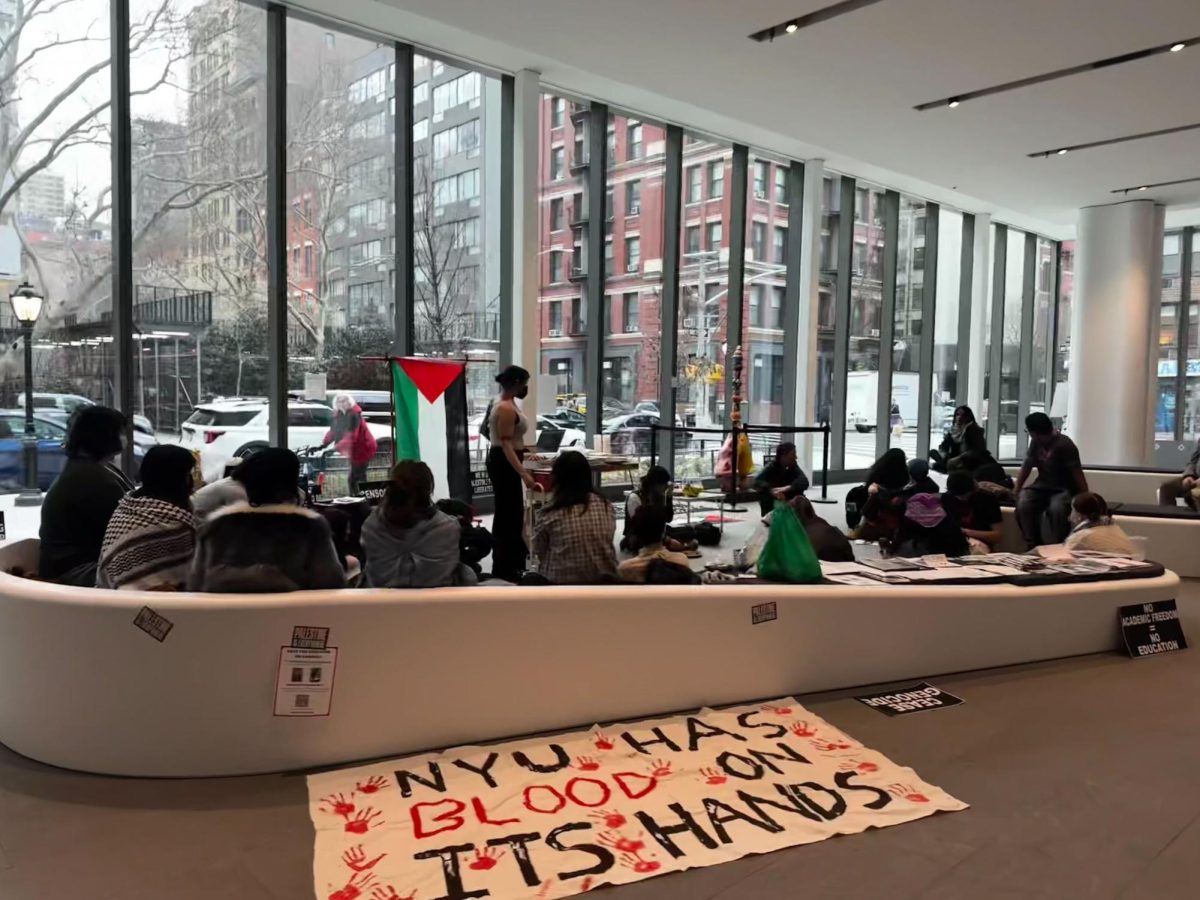Military alone will not stop terrorism
April 7, 2015
Despite global military efforts to thwart extremist groups worldwide, numerous organizations have continued to gain traction by brutally competing for more attention. Al-Shabab’s recent attack in northern Kenya is another reminder that radical terrorism cannot be stopped by military interventions alone.
In response to this attack, which claimed nearly 150 innocent lives at Garissa University College, the Kenyan president Uhuru Kenyatta has vowed to respond to the attack “in the severest way possible.” However, waging retaliatory wars may not be the best way to cripple radical terrorist organizations. The Western world has generalized these organizations simply as different branches of radical Islam, given their similarities in policies and tactics, but they emerged from very distinct situations of turmoil. Al-Shabab, for instance, originates from the prolonged chaos of state collapse in Somalia, and Boko Haram has its roots in chronic poverty in northern Nigeria. As long as these regional problems remain, even if Al-Shabab or Boko-Haram is defeated, other radical groups will continue to emerge.
Nonetheless, military intervention seems necessary in the face of crimes against humanity committed by extremist organizations. When the videos of ISIS militants destroying the priceless artifacts in Mosul Museum in Iraq appeared in March, the United Nations Security Council strongly denounced the inaction of global powers. It is indeed the responsibility of world leaders to take more active roles in bringing any individual or organization committing such heinous acts to justice. However, they should be cautious when using force as a reactionary policy because it often exacerbates the existing political situation without tackling the systemic issues. The military interventions of U.S.-led coalition forces in Iraq failed to enforce peace and stability in the region, creating instead a political void that gradually disintegrated into disorder. The sectarian conflicts in northern Iraq in the wake of this turmoil gave rise to ISIS.
Precedents have shown that without addressing the root cause of extremism, eradicating an existing extremist group by force will merely lead to a rise of another. Finding the true causes of extremism is challenging, but a 2013 study by Vision of Humanity, a think tank for global peace, found hostility between identity groups, high levels of political instability and weak government authority as three common factors within countries of higher levels
of terrorism.
Military interventions may thwart imminent threats, but to put an end to the persistence of extremist ideology and organizations, world leaders must find a way to help establish the political stability, intergroup cohesion and legitimacy of the state in their neighboring nations.
Opinions expressed on the editorial pages are not necessarily those of WSN, and our publication of opinions is not an endorsement of them.
A version of this article appeared in the Tuesday, April 7 print edition. Email Kenny Kyunghoon Lee at [email protected].













































































































































Arafat • Apr 7, 2015 at 9:53 am
Muslims have been warring with their neighbors since Mohammed founded Islam. In fact within 300 years of Islam’s birth, Muslim jihadists had violently conquered most of the Middle East, most of North Africa, large sections of Asia, Spain, Portugal, Sicily. Muslims had their eyes set on Rome before the Pope finally declared the First Crusade.
++
Muslims antipathy towards Jews is not unique. Their antipathy includes all infidels as is made clear in the Qur’an, Hadiths and Sunna.
++
It is said Muslim jihadists have killed up to 70 million Hindus in their jihadist wars in southern Asia. I’d suggest Islam is an equal-opportunity hater.
++
What baffles me is that people do not understand this. I mean two decades ago Muslims killed most of the Animists in Sudan. Muslims are currently wiping out Christians in Egypt, Iraq, Syria, Pakistan, Nigeria and elsewhere. Muslims are ethnically cleansing what remains of the indigenous Hindu people of Pakistan and Bangladesh. Why is it people cannot connect these dots?
Arafat • Apr 7, 2015 at 9:52 am
A beheading in Woolwich, a suicide bomb in Beijing, a blown-up marathon in Boston, a shooting in the head of a young Pakistani girl seeking education, a destroyed shopping mall in Nairobi – and so it continues, in the name of Islam, from south London to Timbuktu. It is time to take stock, especially on the left, since these things are part of the world’s daily round.
Leave aside the parrot-cry of “Islamophobia” for a moment. I will return to it. Leave aside, too, the pretences that it is all beyond comprehension. “Progressives” might ask instead: what do Kabul, Karachi, Kashmir, Kunming and a Kansas airport have in common? Is it that they all begin with “K”? Yes. But all of them have been sites of recent Islamist or, in the case of Kansas, of wannabe-Islamist, attacks; at Wichita Airport planned by a Muslim convert ready to blow himself up, and others, “in support of al-Qaeda in the Arabian Peninsula”. “We cannot stop lone wolves,” a British counterterrorism expert told us after Woolwich. Are they “lone”? Of course not.
A gas facility in southern Algeria, a hospital in Yemen, an Egyptian police convoy in the Sinai – it’s complex all right – a New Year’s party in the southern Philippines, a railway station in the Caucasus, a bus terminal in Nigeria’s capital, and on and on, have all been hit by jihadis, with hostages taken, suicide belts detonated, cars and trucks exploded, and bodies blown to bits. And Flight MH370? Perhaps. In other places – in Red Square and Times Square, in Jakarta and New Delhi, in Amman and who-knows-where in Britain – attacks have been thwarted. But in 2013 some 18 countries got it in the neck (so to speak) from Islam’s holy warriors….